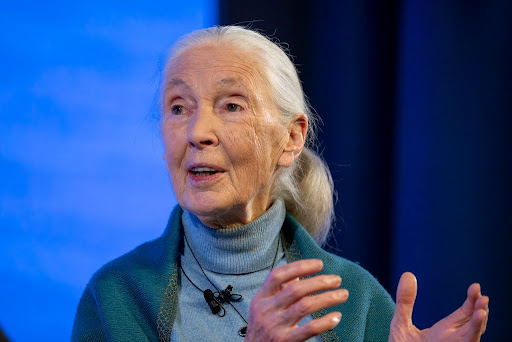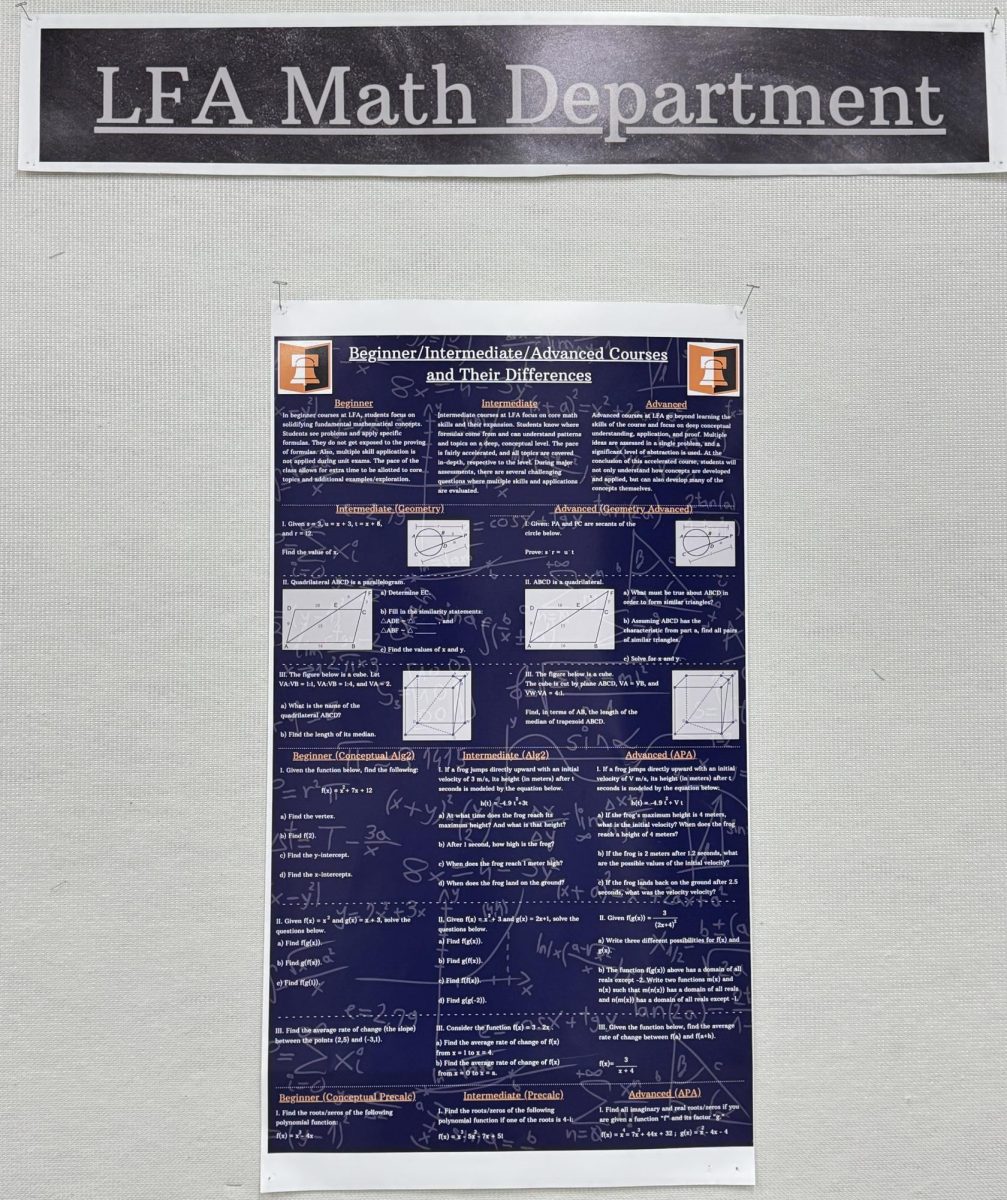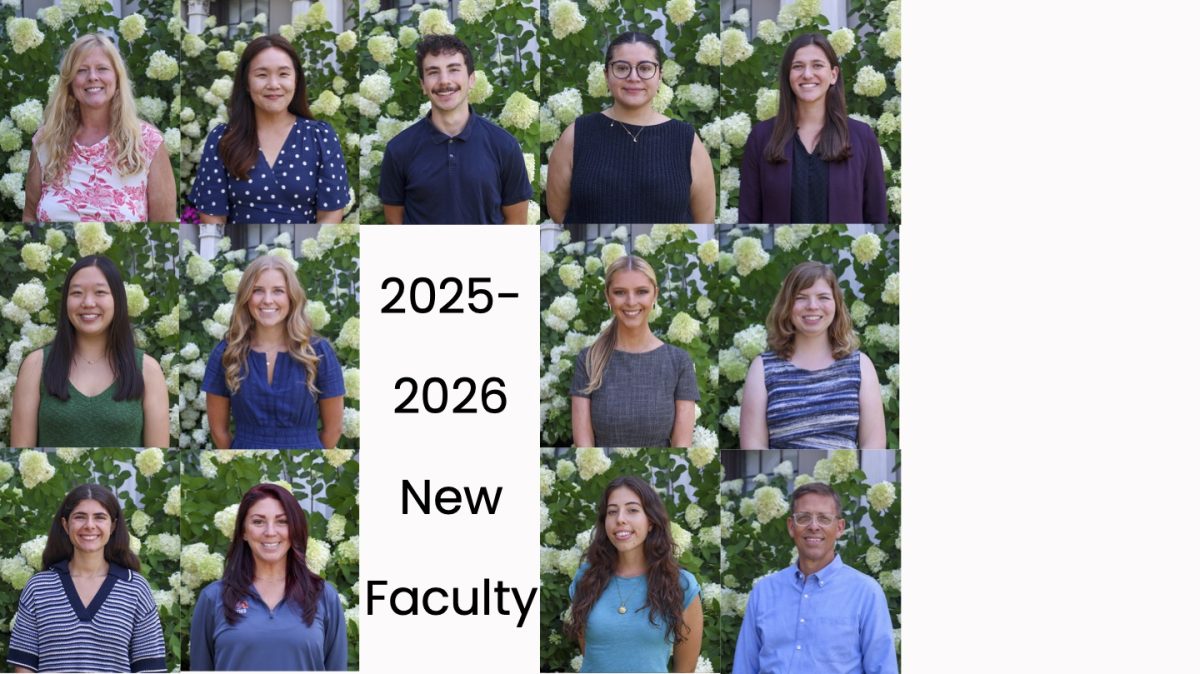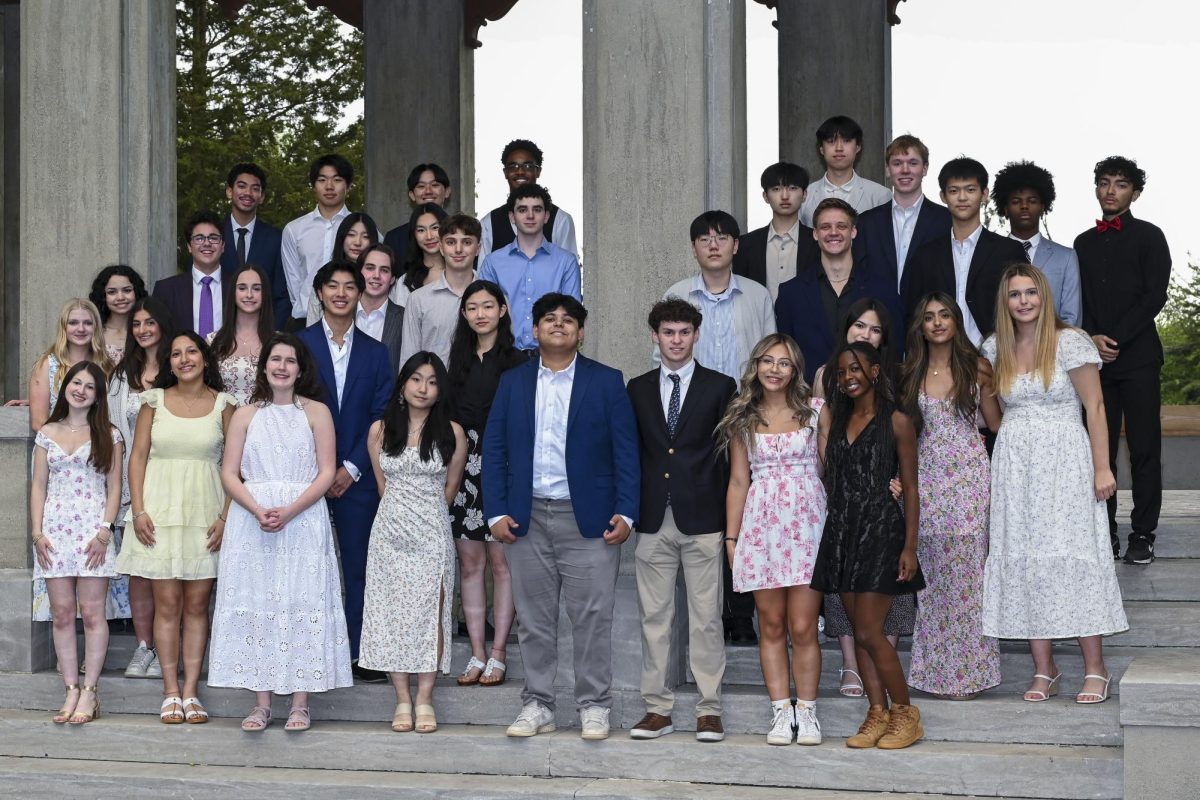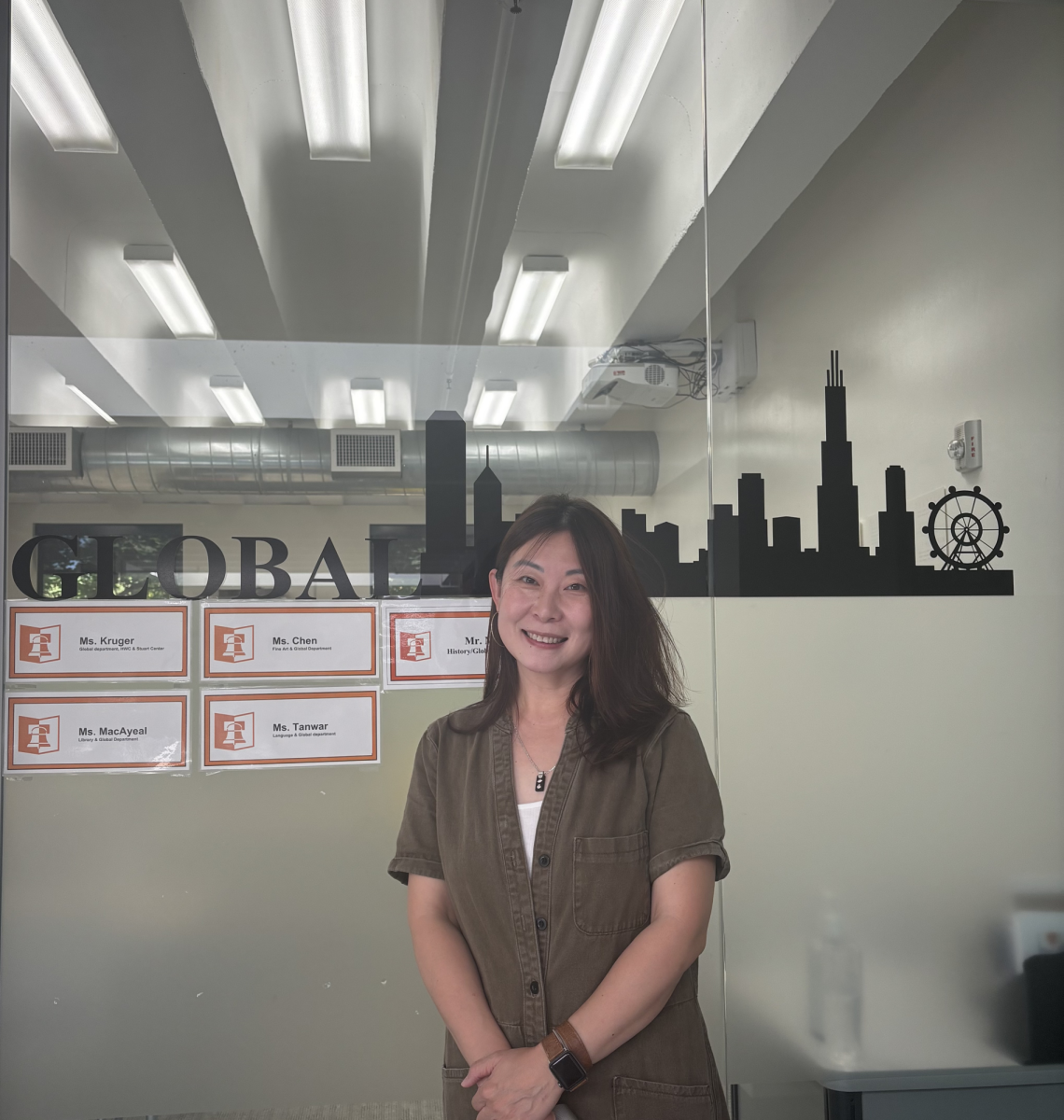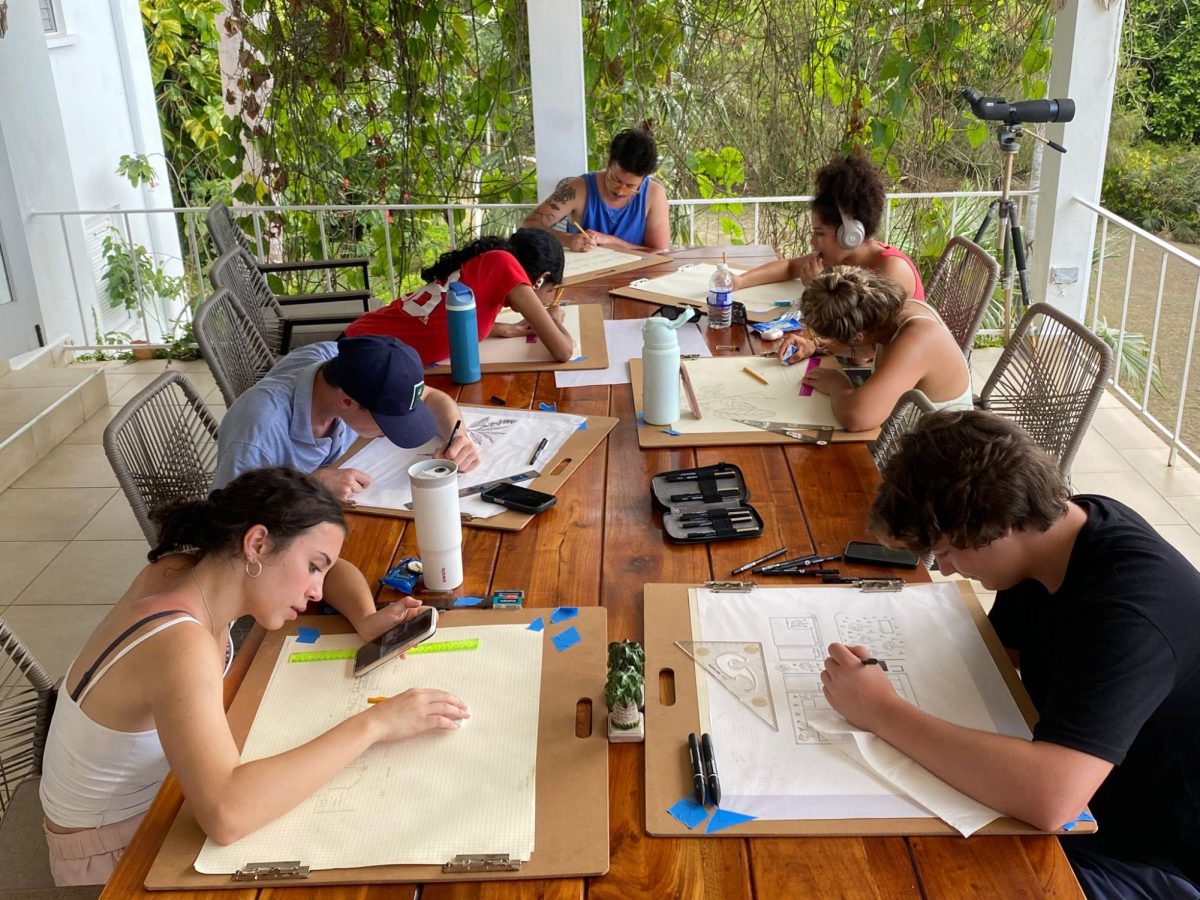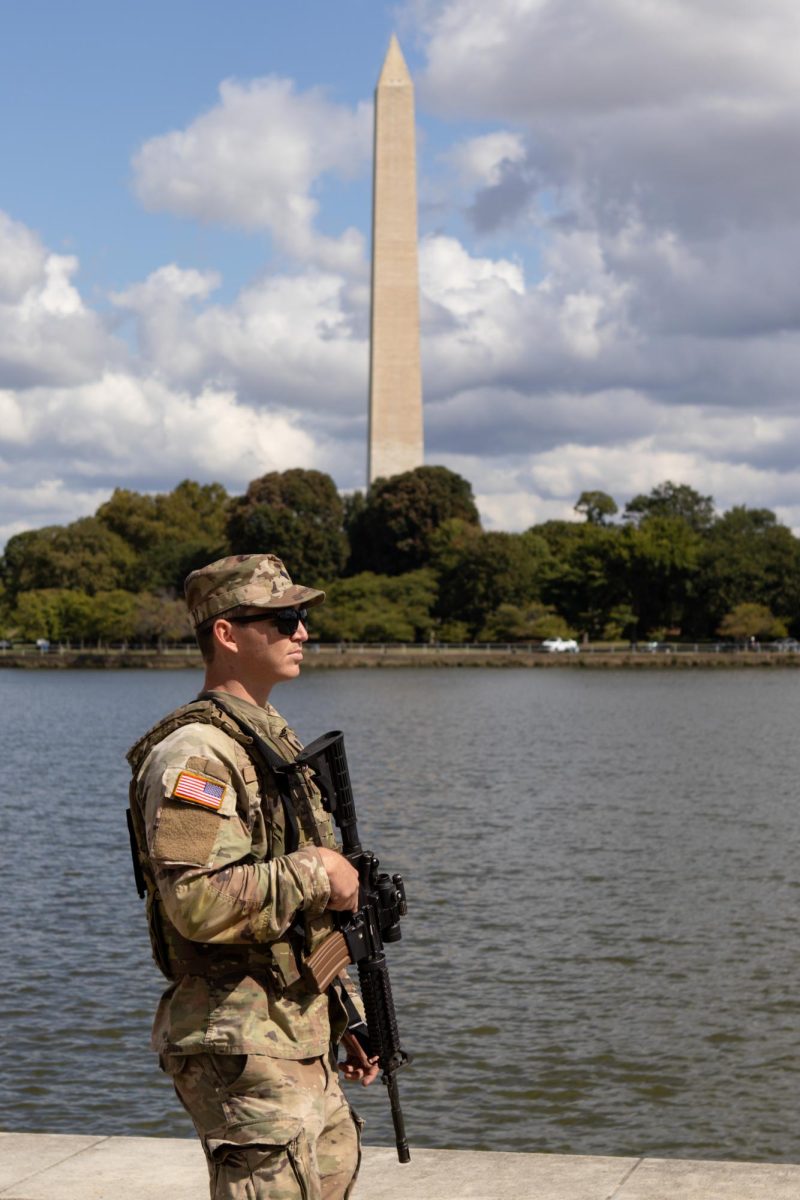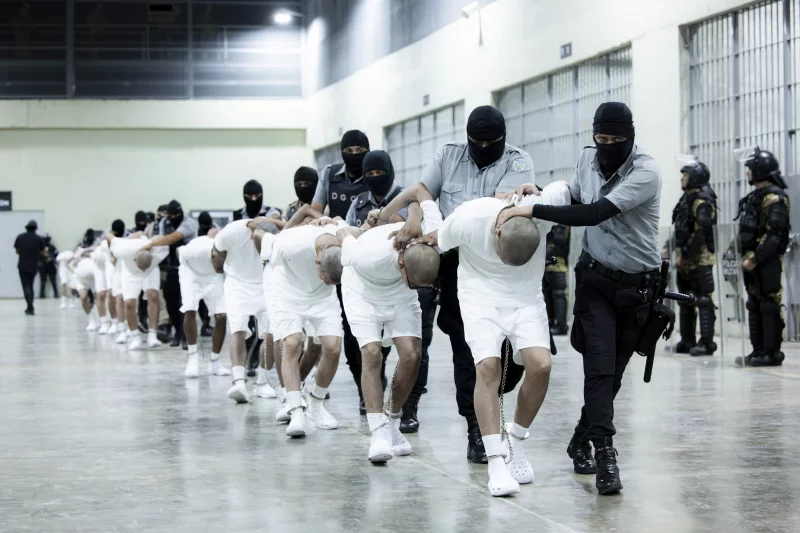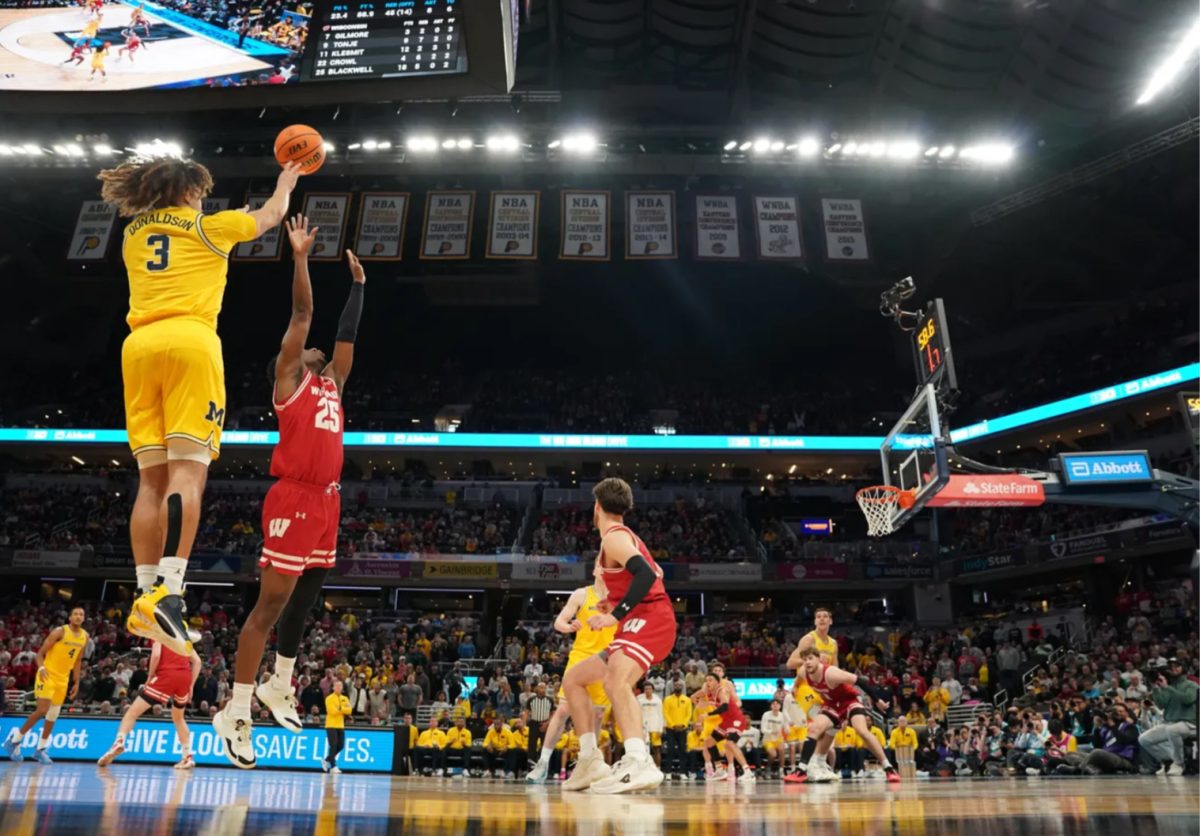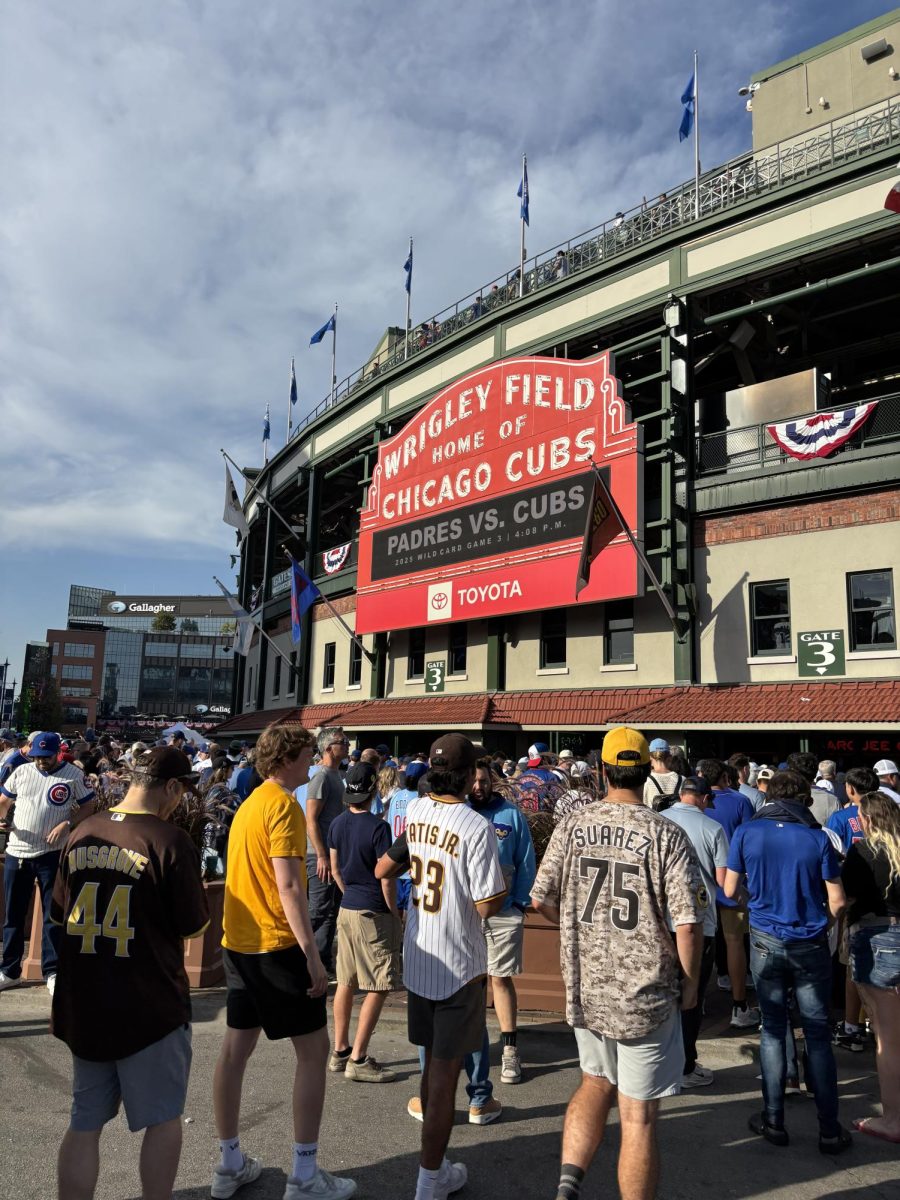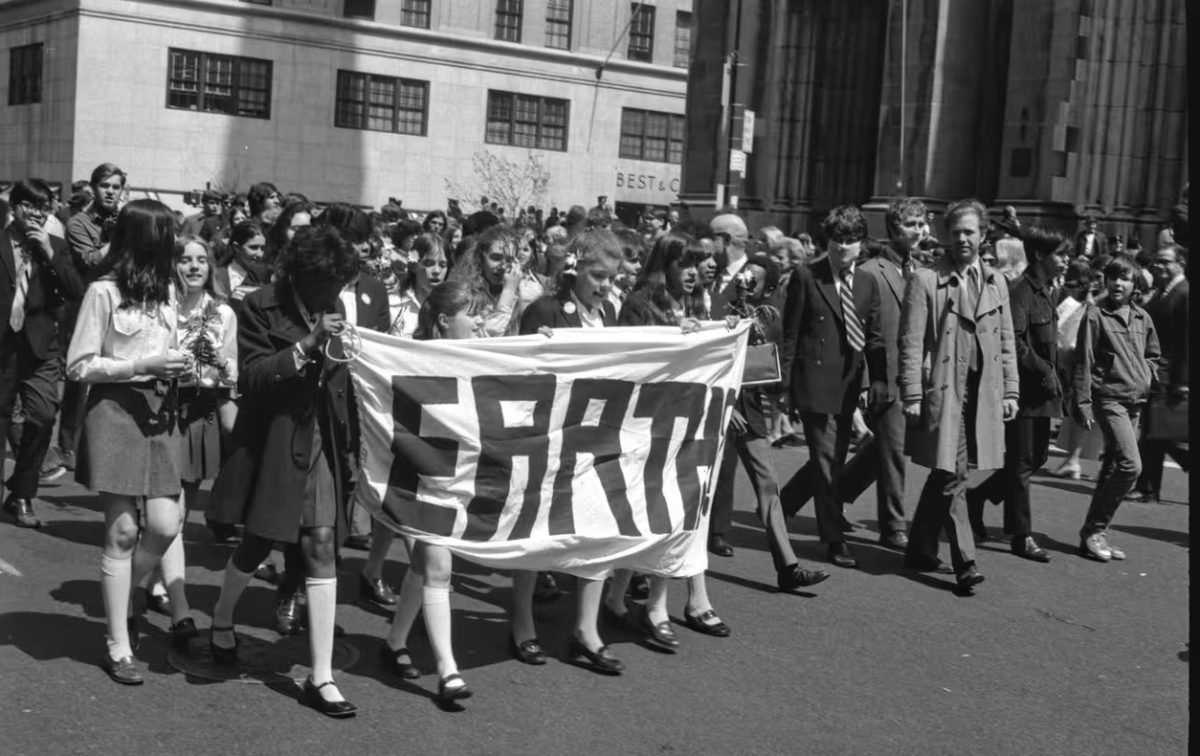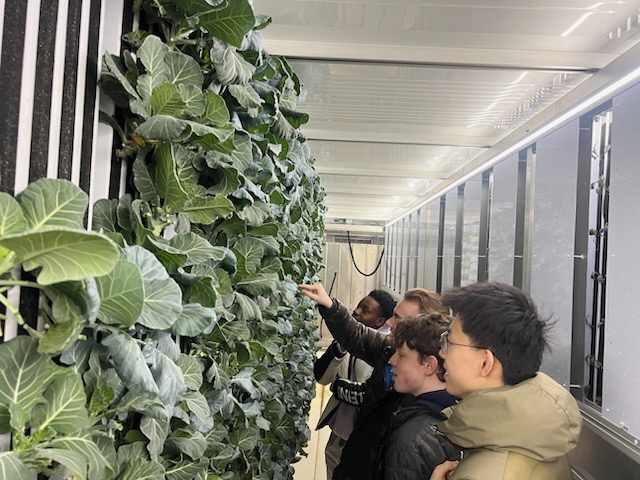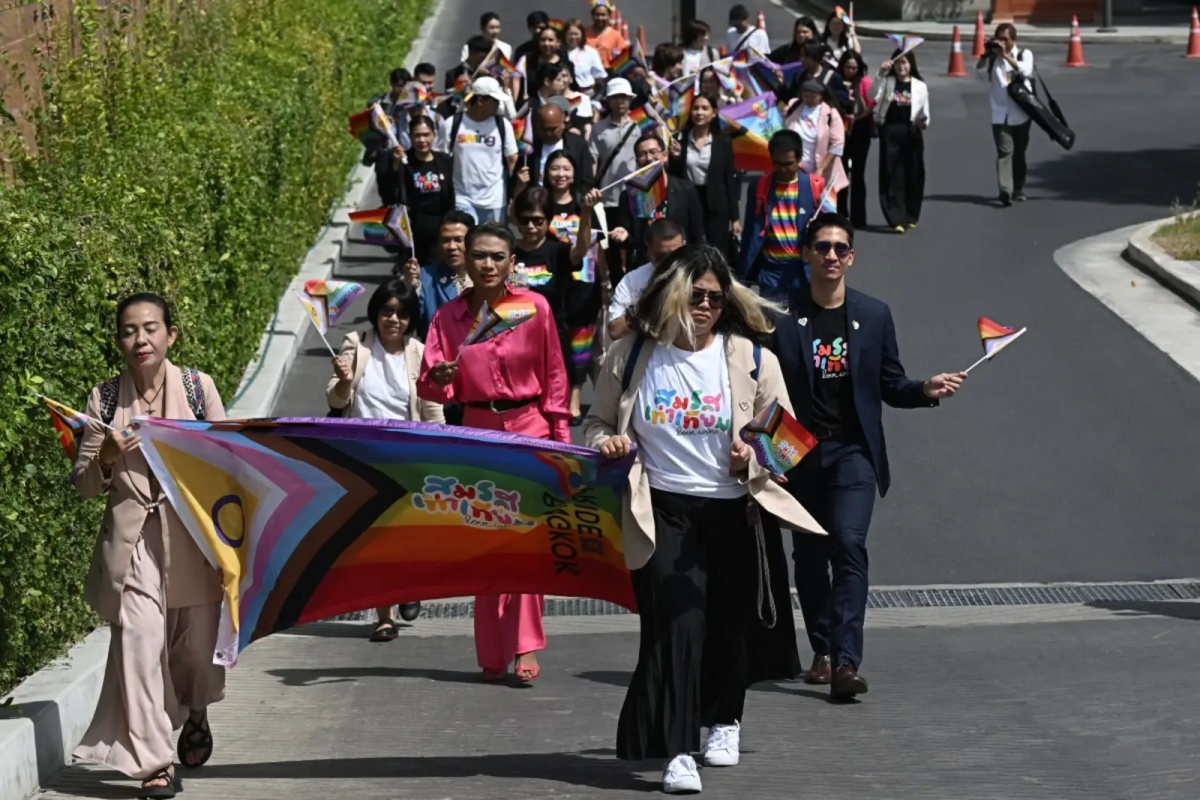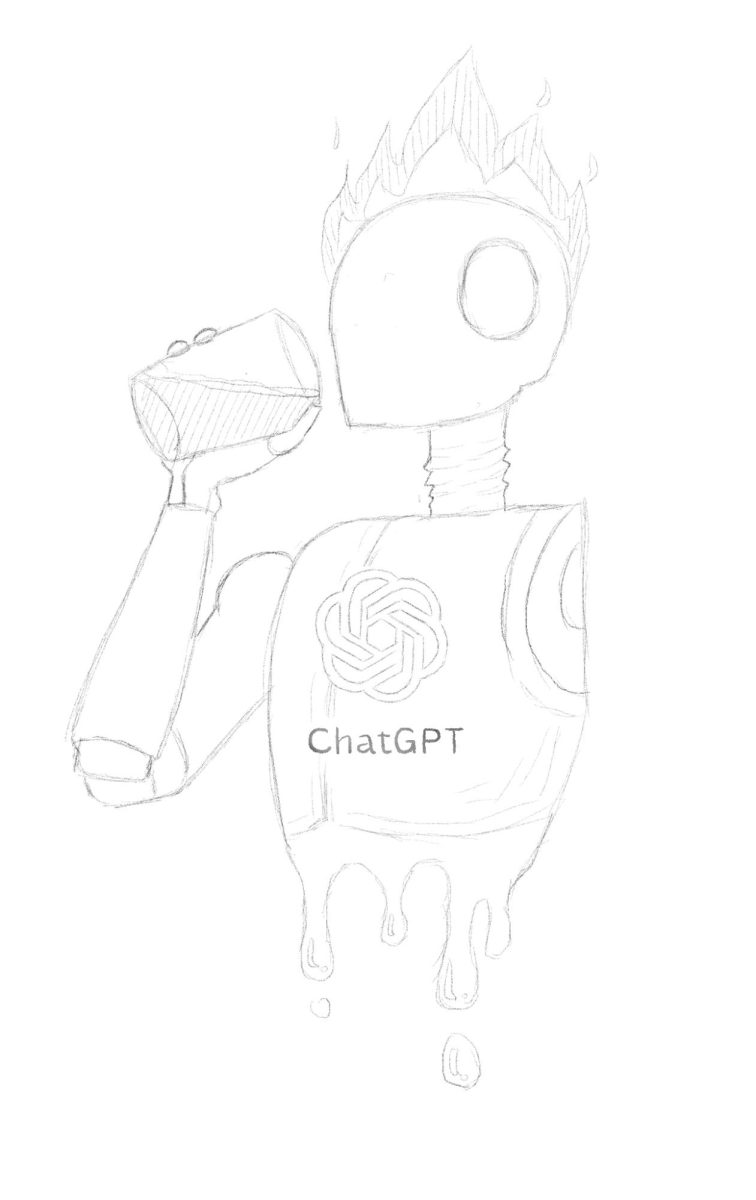Summer Reading Failed To Read the Room
October 1, 2020
It seems as if the entire world has found itself in the center of the cosmic boxing ring, taking blow after blow courtesy of the universe. A world-wide pandemic preceded and followed by natural disasters and international protests opposing various human rights violations met most individuals as early as January.
For a lot of LFA students, both international and local, there were innumerable issues that impacted their lives in inconvenient and detrimental ways this summer, and they were still expected to complete their summer reading. Some students were unable to return home due to travel restrictions, some were thrown into financial hardship as a result of work restrictions brought on by COVID, and some were mentally and emotionally occupied by the issues facing their communities and the communities of their friends.
With all of these distractions presenting themselves to the world, the question arose as to how the expectation of summer reading was still seen as a reasonable and beneficial requirement. While LFA is a very prestigious school that prepares its students to excel academically, the severity of the situation and incapability of some students to focus must be acknowledged.
Of course, the show must go on and life will continue regardless of how someone is feeling on any particular day; however, that wasn’t really the case in the face of these unprecedented times. Social interactions came to a halt, the economy took several blows, and even major political events held their breath, awaiting some form of guidance. With several nations at a standstill in a state of utter confusion and fear, how were students expected to complete a reading guide about something arguably less interesting than the history creating itself before their eyes?
Requiring students to set aside their conflicted psyches and previously unencountered adversities in order to accomplish an assignment seems counterproductive to one of the developmental aims seen as crucial during these high school years. During the four years of one’s secondary education, an individual is also learning how to cope emotionally, thrive socially, and conduct themselves in the real world. By enforcing a previous requirement that was created and imposed in much calmer times, the school communicated that the ground-breaking experiences students were encountering did not surpass the importance of schoolwork.
The summer reading was especially surprising given the recent flexibility and understanding the school had shown by temporarily adjusting the grading system and giving students the time to adjust. Although many people had gotten past the initial shock of the pandemic by the time summer began, new issues had arisen by that time and required new periods of processing.
While students exhibited outstanding tenacity and duality by facing global issues and handling their work, perhaps in the future they should be provided with the courtesy of not having to overextend themselves in this way.

